The CMP Review — Week of August 11
August 11, 2025
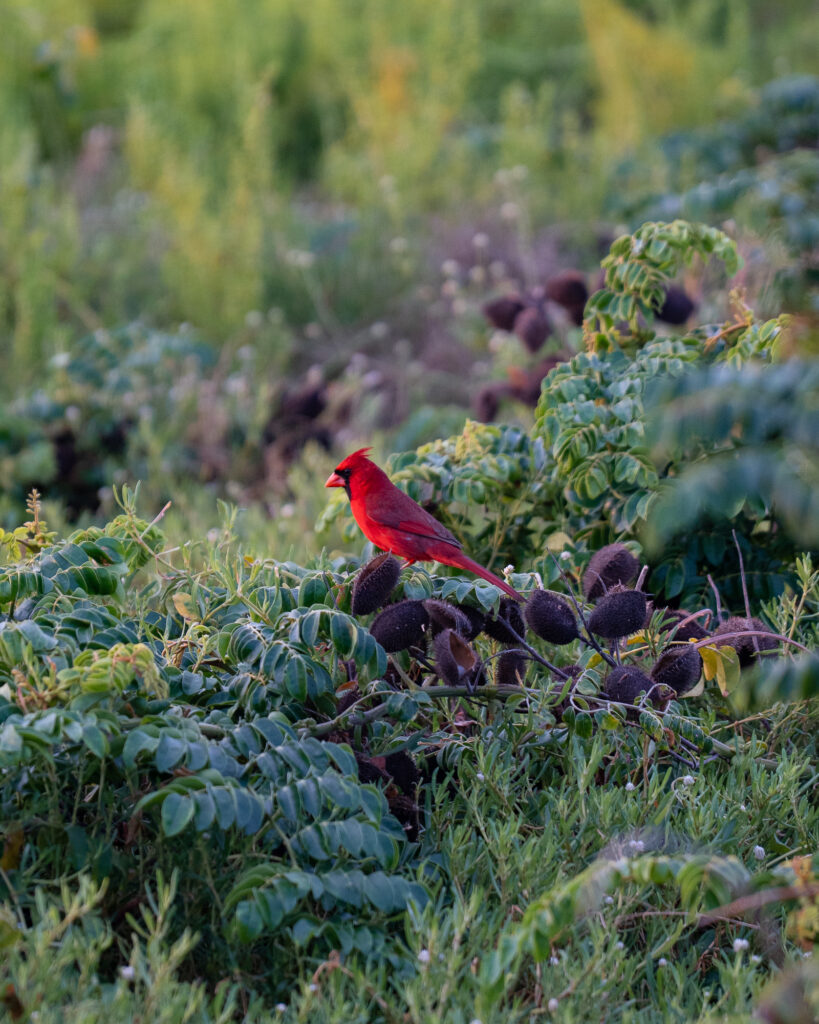
“… every walk becomes a nature walk for people who are in the habit of observing things. Telling a child that we are going for ‘a bird walk’ or ‘a Nature walk’ might rather be deplored, because we take whatever comes in our way and give it the attention and reverence it deserves.”
— Agnes Drury, “Nature Study,” PR24
@artmiddlekauff
📷: @dave_stillwell
August 12, 2025
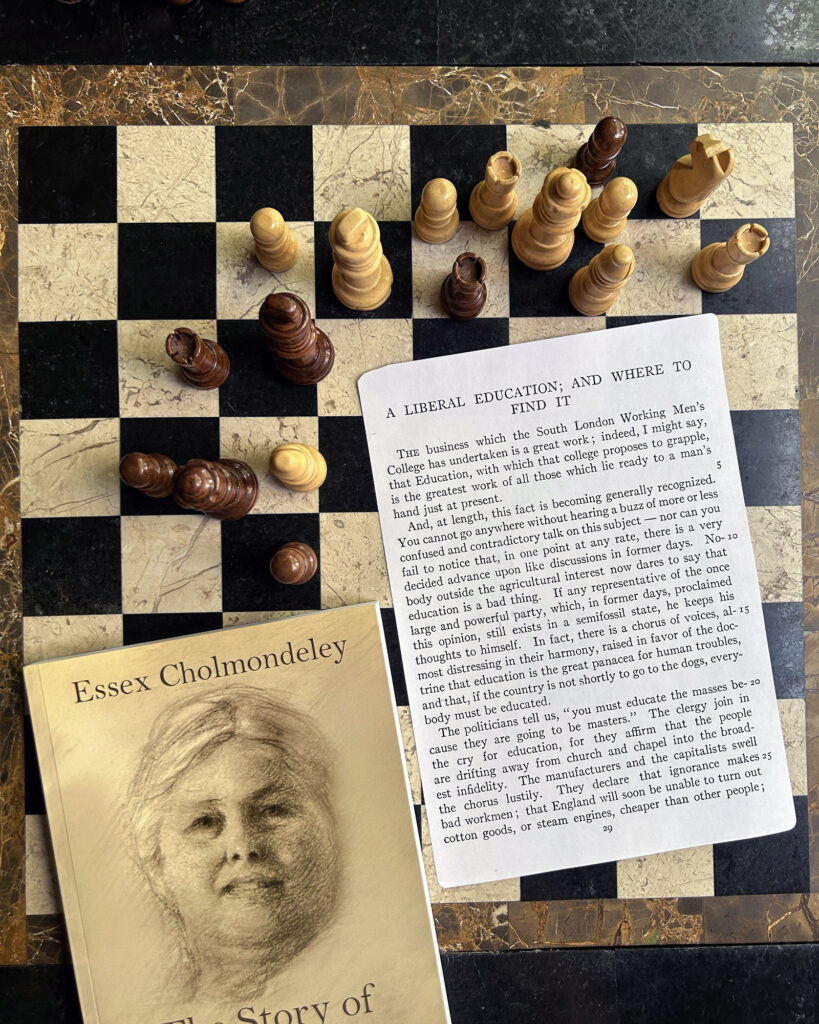
The 1880s featured a public debate between two leading thinkers, Thomas Huxley and Matthew Arnold. Their topic was the nature of a “liberal education.” Huxley and Arnold are familiar names to any reader of Charlotte Mason’s volumes. She quoted both of them favorably!
It would be so interesting to learn what Mason herself thought of this debate. Huxley had already defined his position in his famous 1868 essay “A Liberal Education and Where to Find It.” He employed a powerful analogy to a game of chess. Sadly, Mason did not seem to directly analyze this essay.
But in 1918, one of her students did. Now you can learn what House of Education graduate Marion King had to say about Huxley’s concept of a liberal education and where to find it. Read or hear it here.
@artmiddlekauff
August 13, 2025
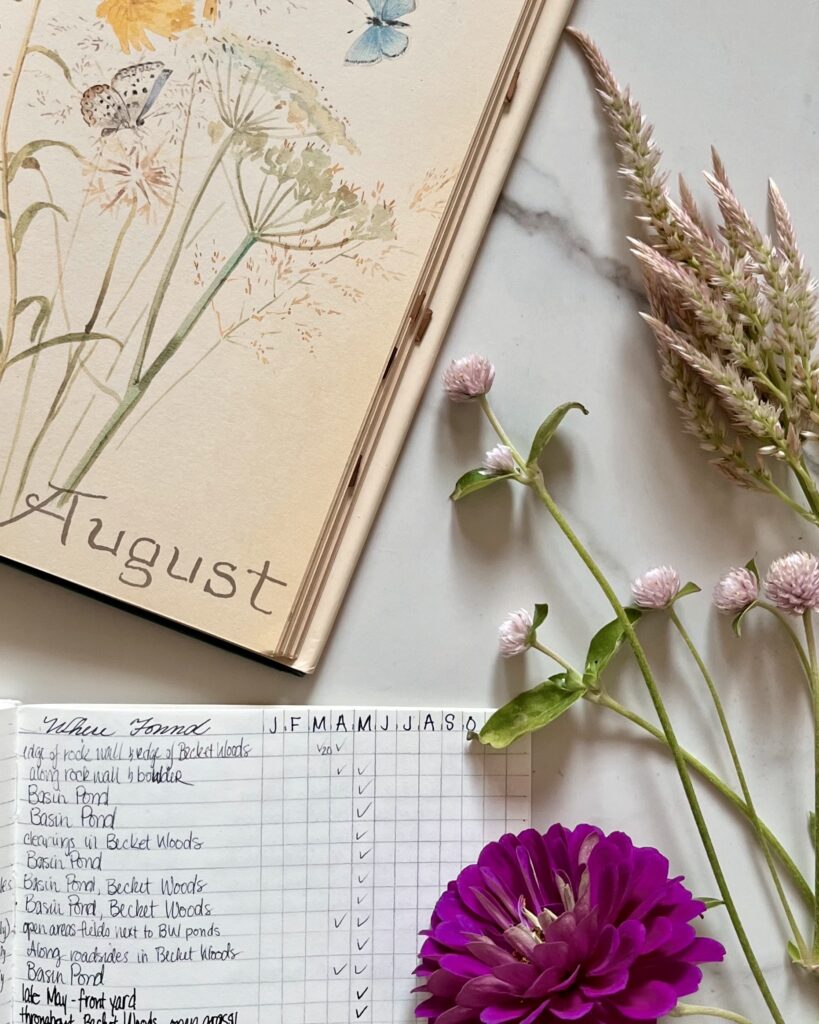
The lists in our nature journals can be as personalized as what we choose to capture in the main pages.
For example, my family has also kept lists of mushrooms and waterfalls visited. My favorite remains the flower list and has become especially exciting now that I’m in Tennessee, where the climate means that certain flowers bloom twice a year!
@rbaburina
August 14, 2025
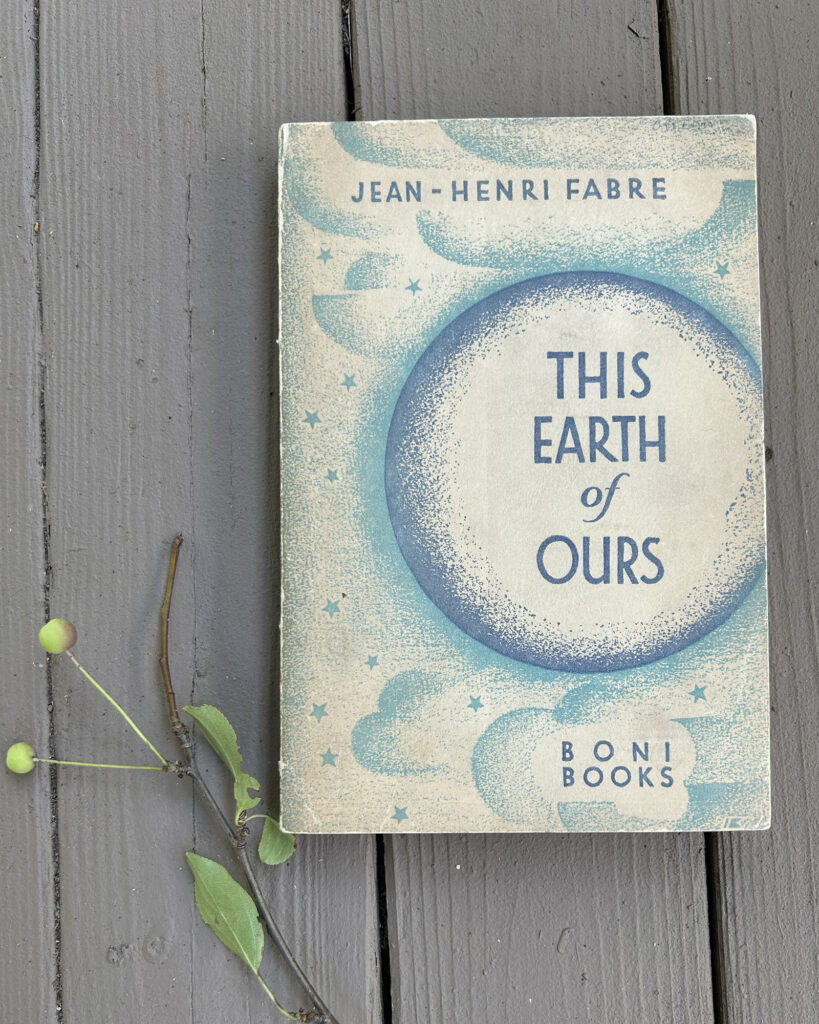
I have bittersweet feelings about bookstores. Probably my ambivalence stems from a shop I visited in London years ago that had a rare hardcover by Jean-Henri Fabre. Fabre exemplifies Charlotte Mason’s view that science can be taught with literature. “The French mind,” she wrote, surely with Fabre in mind, “has appreciated the fact that the approach to science as to other subjects should be more or less literary.”
I saw the book and knew it was a find but for some reason I left the store without it. I’ve regretted it ever since. So when my son-in-law invited me to John K. King Books in Detroit, I was worried it might leave me with some pangs.
They did have a rare edition of Fabre’s This Earth of Ours. I suppose we learn from our mistakes. It’s now mine and I’m looking forward to reading it.
And I’m looking for recommendations of books like it. What more recent English-language books do you think appreciate the idea that science can be learned in a “more or less literary” approach? Please let me know in the comments.
@artmiddlekauff
August 15, 2025
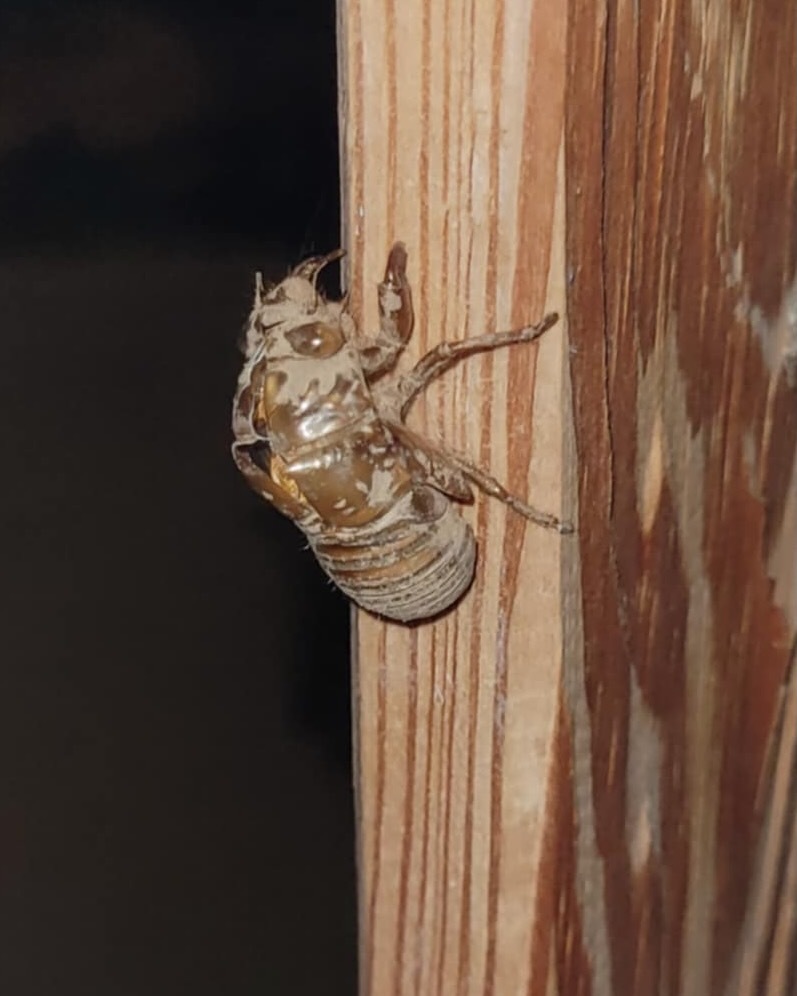
My sister and our nieces and nephew found this exoskeleton of a cicada.
Cicadas were a favourite of my mother’s and the grandchildren have had various encounters with them over the years. Often when Serafina and I are there visiting.
So they were quite excited to find this treasure. My almost 7-year-old nephew said to my sister, “it’s too bad Serafina isn’t here.” So they sent us the photo! 🥰 😍
They found it clinging to the side of a wooden table outside in their backyard.
We found it so interesting that the cicada molted right there instead of on a tree or a plant!
📷: @serenabilich
@antonella.f.greco
August 16, 2025
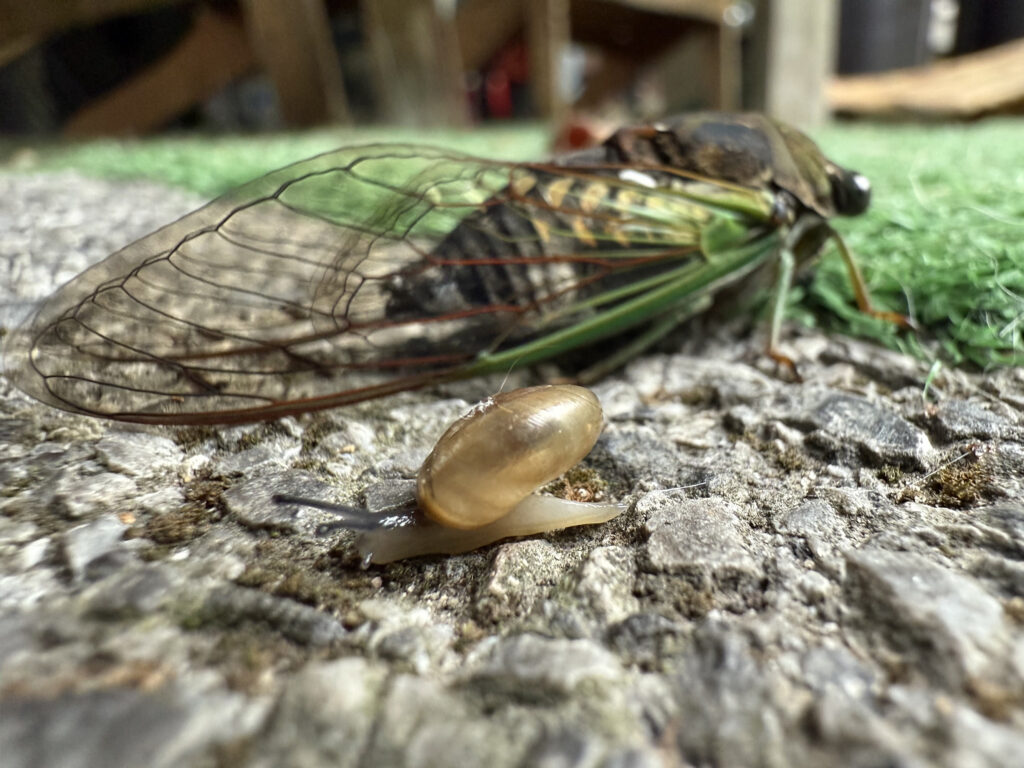
If you’re at a crossroads, I invite you to read “Life’s Decisions” by E.C. Matravers.
This 2-page article is one I return to whenever facing a monumental decision. It helps still my soul and quiet my mind.
Follow this link for some advice that might surprise you.
@rbaburina
August 17, 2025
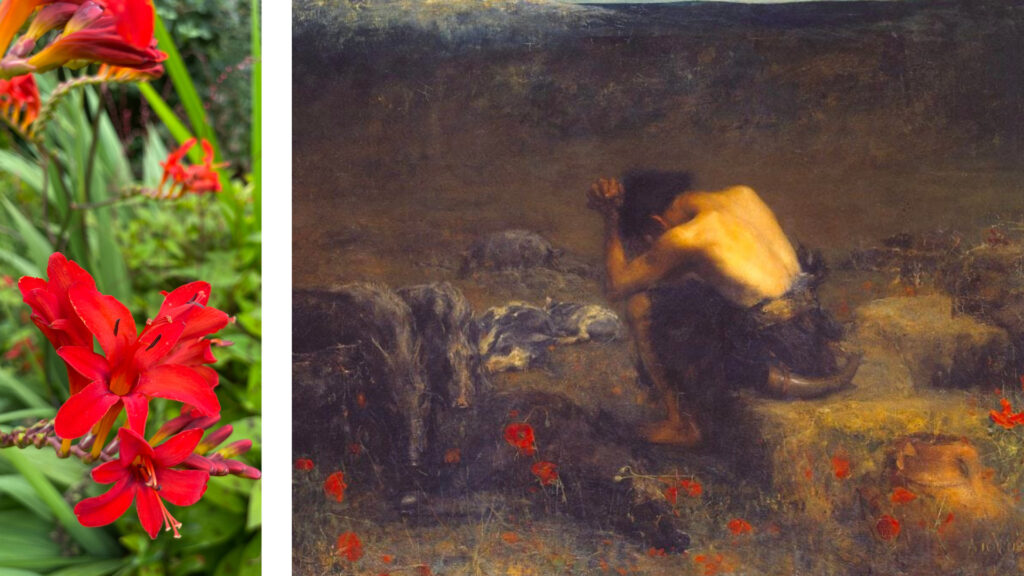
The year was 1914. Charlotte Mason was wrapping up her sixth volume of poetry. She was anticipating writing two more volumes, so that the entire Gospel History would be expressed in verse. However, something else momentous happened in 1914. A school in a poor mining district began using Charlotte Mason’s method.
From that point on, Charlotte Mason would focus on her Liberal Education for All Movement. No more poems in her epic series were ever published. In the last few years of her life, with school after school adopting her method, Mason thought she had a chance at changing the world.
It is fitting (or should we say, providential) that her final published poem ended the series on a profound note of grace. “Divine Forgiveness” is the word Mason left with us in print. This final poem we share in text and audio today.
But although this was her last published poem, we discovered that her poetic reflections did not end in 1914. But that’s a story for next week. For now, please read or listen to “Divine Forgiveness” here.
@artmiddlekauff
🖼️: The Prodigal Son by John Macallan Swan